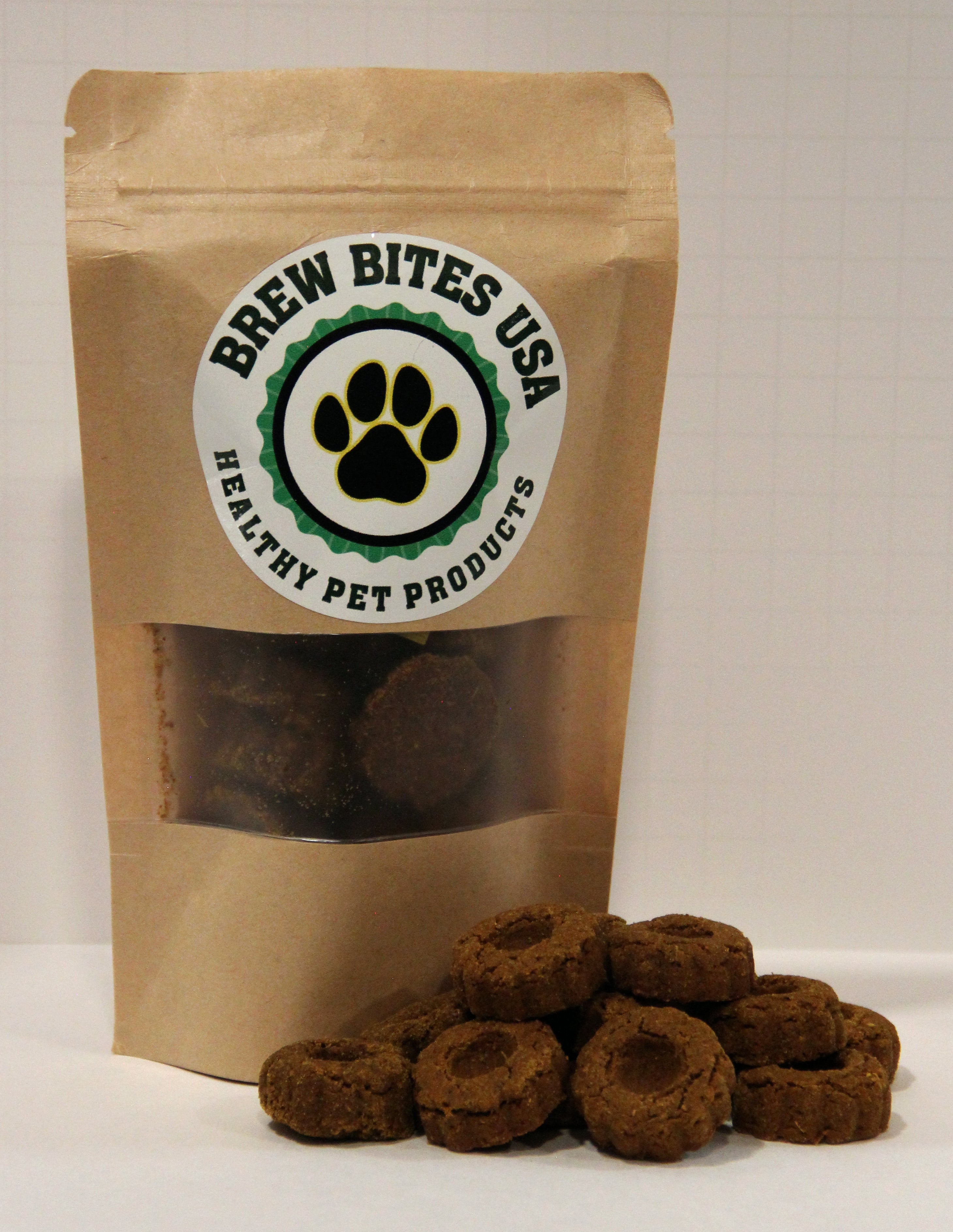Hemp Oil vs. CBD Oil: Demystifying the Differences

In recent years, the buzz around hemp and CBD products has been steadily growing, and for good reason. Both hemp oil and CBD oil offer potential health benefits, but they serve distinct purposes and come from different parts of the hemp plant. Let's delve into the differences between these two popular products to help you make informed choices for your well-being.
1. Source and Composition:
Hemp Oil: Hemp oil, often called hemp seed oil, is extracted from the seeds of the hemp plant. It contains a rich blend of essential fatty acids, vitamins, and minerals, making it a valuable nutritional supplement. However, it does not contain significant levels of cannabinoids like CBD or THC (tetrahydrocannabinol).
CBD Oil: CBD oil, on the other hand, is extracted from the flowers, leaves, and stalks of the hemp plant. It contains cannabidiol (CBD), a non-intoxicating cannabinoid known for its potential therapeutic effects. High-quality CBD oil is carefully processed to isolate CBD from other compounds, ensuring it contains minimal to no THC.
2. Health Benefits:
Hemp Oil: Hemp oil is renowned for its nutritional benefits. It is rich in omega-3 and omega-6 fatty acids, which support heart health, skin hydration, and overall wellness. It also contains antioxidants, vitamins (such as vitamin E), and minerals that promote a healthy body.
CBD Oil: CBD oil is primarily sought after for its potential therapeutic effects. Research suggests that CBD may help alleviate anxiety, manage pain, improve sleep quality, and reduce inflammation. It interacts with the endocannabinoid system in the body, which plays a role in regulating various bodily functions.
3. Intended Use:
Hemp Oil: Hemp oil is commonly used as a dietary supplement and a culinary ingredient. It adds a nutty flavor to dishes, and its nutrient profile makes it an excellent addition to a balanced diet.
CBD Oil: CBD oil is used for potential medicinal purposes. People turn to CBD for relief from specific health conditions or to promote overall well-being. It comes in various forms, including tinctures, capsules, edibles, and topicals, allowing users to choose the method that suits their needs.
4. Legal Status:
Hemp Oil: Hemp oil is widely available and legal in most countries, as it contains negligible amounts of THC.CBD Oil: The legality of CBD oil varies by country and state. In many places, it is legal if it contains less than 0.3% THC. However, it's essential to check local regulations before purchasing CBD products.
In conclusion, while hemp oil and CBD oil are derived from the same plant, they serve different purposes and have distinct compositions. Hemp oil is a nutritional powerhouse, whereas CBD oil is sought after for its potential health benefits. Understanding these differences empowers consumers to make informed choices based on their specific needs and goals. Always consult with a healthcare professional before starting any new dietary or wellness regimen, especially if you have underlying health conditions or are taking medications.









Leave a comment